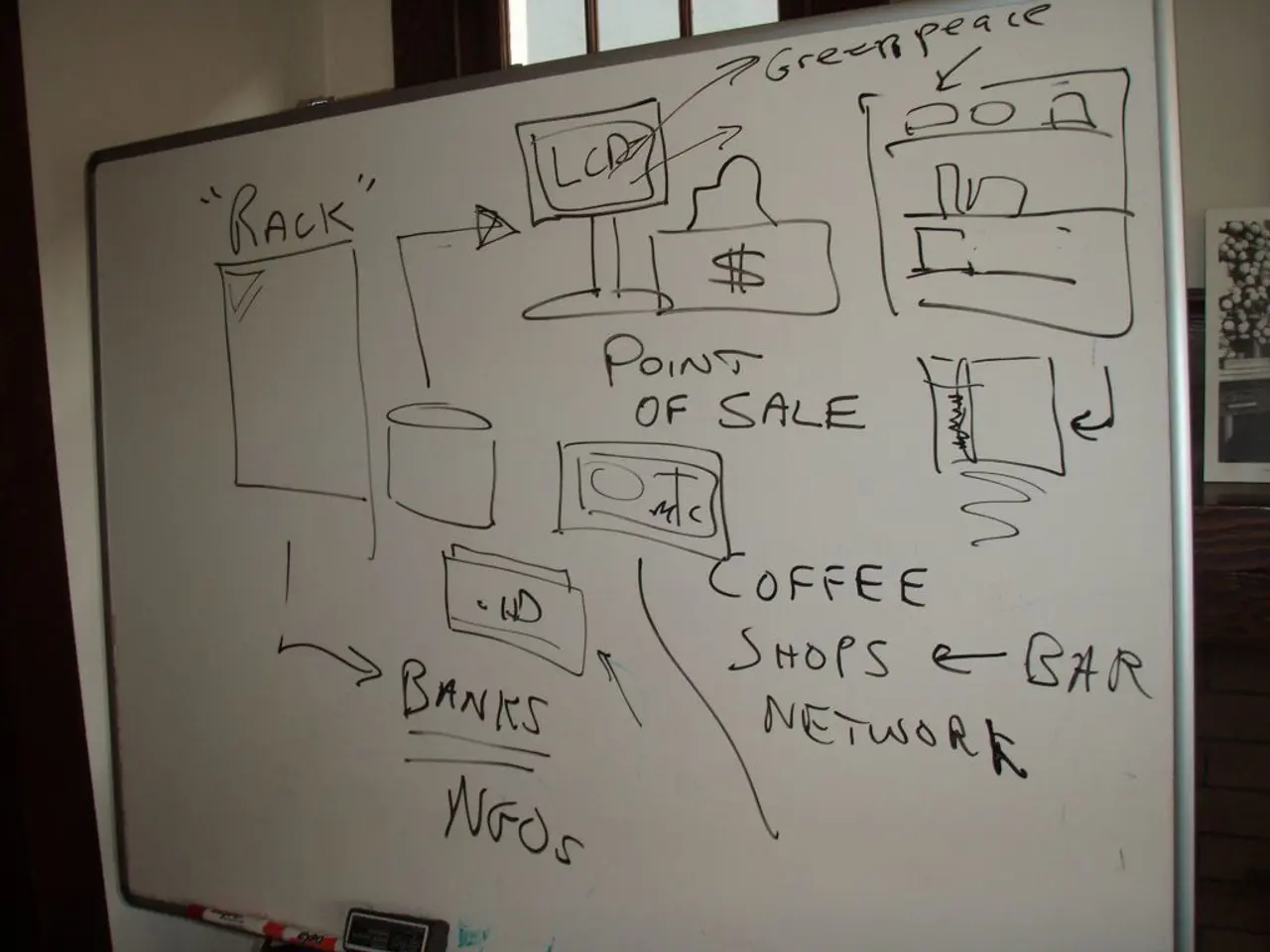Telefónica Tech and IBM partner to develop secure quantum technology
In a significant move towards future-proofing cybersecurity, Telefónica Tech and IBM have entered into a collaboration aimed at developing quantum-safe security solutions. This partnership focuses on guarding against the potential risks posed by the advancement of quantum computers, which could potentially break current cryptographic systems.
At the heart of this collaboration lies the integration of IBM's quantum-safe technology into Telefónica Tech's cybersecurity services. This integration aims to create specific use cases that address both current and emerging cybersecurity threats related to quantum computing capabilities.
One of the key aspects of this partnership is the future-proofing of telecommunications infrastructure. IBM's quantum-safe blockchain technology will be embedded into Telefónica's systems, ensuring protection against quantum-enabled attacks on critical telecom networks and data.
This initiative is part of a broader IBM Quantum Safe Roadmap, which introduces a portfolio of technologies meant to simplify the migration of sensitive data and applications to quantum-resistant cryptographic standards. This approach safeguards government and business information against potential future attacks stemming from quantum computing advances.
Telefónica Tech will also assist organisations in their transition to new cryptographic standards, protocols, or algorithms to ensure resilience and agility against cybersecurity risks posed by quantum computing. IBM, on the other hand, is proud of its role in the development of new post-quantum cryptography algorithms and leading the way with quantum-safe technologies and services.
The infrastructure deployed at Telefónica's headquarters is composed of elements designed to promote a secure and resilient environment against the threats of the post-quantum world. This includes the use of IBM's LinuxONE system, which features end-to-end encryption using new quantum-safe cryptography, IBM Storage technology, and advanced tools for protecting master and operational keys.
Furthermore, the partnership will combine IBM's quantum-safe technology with Telefonica Tech's managed cybersecurity services. A joint use case office will be created, focusing on key areas such as communications encryption, adaptation to new secure algorithms, and the protection of critical environments.
Adolfo Hernández Pulido, the technology managing director for Telefónica at IBM, expressed the importance of organisations transitioning to quantum-safe cryptography standards. He emphasised that this partnership is a crucial step towards ensuring a quantum-resilient future for cybersecurity.
IBM has co-developed two of the three algorithms that have been published as post-quantum cryptography standards. This demonstrates IBM's commitment to leading the way in quantum-safe technologies and services. The collaboration aims to promote a secure and resilient environment against the threats of the post-quantum world, and to protect organisations' critical data from being decrypted by quantum computers.
In conclusion, the Telefónica Tech-IBM partnership is a proactive step towards quantum-resilient cybersecurity, leveraging IBM’s expertise in quantum-safe cryptography and blockchain integration to secure telecommunications infrastructure from emerging quantum threats. This partnership underscores both companies' commitment to safeguarding critical data and telecommunications infrastructure against the potential threats of quantum computing.
This partnership between Telefónica Tech and IBM intends to deploy IBM's quantum-safe technology into Telefónica Tech's cybersecurity services, focusing on the development of specific use cases that address current and emerging cybersecurity threats related to data-and-cloud-computing and technology, particularly those stemming from quantum computing capabilities.
Telefónica Tech's transition assistance to organizations in adopting new cryptographic standards, protocols, or algorithms is aimed at promoting resilience and agility against quantum computing-related cybersecurity risks, enhancing the overall cybersecurity landscape in the realm of data-and-cloud-computing and technology.




